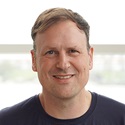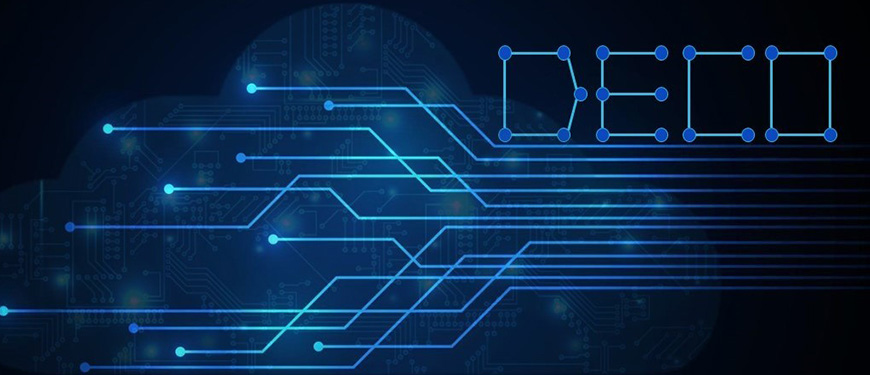Advancing the knowledge in software engineering for distributed systems, spanning from cloud-edge-IoT computing to hybrid systems, DECO Lab will reinforce European research, development, education, and innovation efforts in the computing continuum. For the first three years horizon (2024, 2025, 2026), the lab will focus on:
- Software tools for engineering sustainable cloud infrastructures (including simulating, architecting, and testing energy-efficient cloud-based solutions)
- Data-driven approaches (including ML) for performant and energy-efficient resource balancing and compute offloading over edge and cloud.
- Overcoming the challenges of distributing AI tasks over the continuum.
- Advancing knowledge on data-sensitive MLOps for deploying ML applications efficiently over the computing continuum.
- Contributing to a robust and ethically sound foundation for navigating the complexities of modern data ecosystems, focusing on data spaces, data contracts, and compliance by design.
- Contributing to managing large data foundations efficiently with knowledge graph-based data catalogs.
- Collaborate with industry to reduce the costs connected to compute-intensive (e.g., AI) tasks.
- Improve Danish education in distributed computing domains.
Services
Research and development environment for experimenting and testing with edge-cloud hardware and software, established in the SDU lab facilities for domains such as Robotics, Built Environments, XR, Energy Systems, and IoT.
- Consulting companies on the best cloud architecture solutions based on their specific requirements.
- Providing research-based innovation on large data ecosystems management.
- Development of cost and energy-efficient load-balancing approaches controlled locally.
- Supporting the reduction of environmental and social impacts of AI.
Research
The new convergence of IoT, edge computing, and cloud computing has opened new avenues for data-driven insights and resource optimization. At DECO Lab, we research establishing robust distributed computing infrastructures capable of efficiently gathering and structuring diverse data types. By developing and deploying these infrastructures, we aim to create a foundation for comprehensive data management, enabling the seamless integration of IoT devices and facilitating the collection and organization of data from various sources. This research will contribute to unlocking the potentials of cloud-edge-IoT ecosystems, providing a solid basis for subsequent investigations into sustainable cloud computing solutions, including mechanisms for optimal use and repurposing of IT resources. Further, DECO Lab advances software tools tailored for engineering and testing sustainable and performant computing continuum. By evaluating and optimizing these tools, we seek to address the growing concerns related to the quality and environmental impact of IoT-edge-cloud computing. DECO Lab also researches on leveraging machine learning techniques to intelligently and efficiently distribute computational tasks (such as compute-intensive Neural Networks) between edge devices and cloud resources, optimizing performance while minimizing energy consumption. This research will address the challenges associated with balancing computational workloads and caching of computed results in dynamic and heterogeneous environments. An MLOps pipeline is also required to be a backbone for the adaptive computing continuum. This will lead to a data-driven, energy-aware, and privacy-sensitive framework for real-world applications.
Education
The SDU Software study program stands at the forefront of cutting-edge technology education, providing students with a comprehensive curriculum that equips them with the skills and knowledge required in the rapidly evolving landscape of cloud computing. As technology advances, the demand for professionals with expertise in distributed computing and related technologies has grown exponentially. In this line, we offer the following three courses:
- Big data and data science technologies (dataset selection, data ingestion, distributed data storage, distributed data processing, and data visualization)
- Cloud Computing Continuum (cloud services, infrastructures, architectures, emergent trends, cloud-edge systems)
- Software Technology of Internet of Things (architecture of IoT, design and implement IoT, measure performance characteristics)
One of the distinctive features of the SDU Software study program lies in its extensive collaboration with industry partners. The program actively engages in co-teaching initiatives, bringing industry professionals into the classroom to provide real-world insights and practical experiences. Looking ahead, the program aims to foster even stronger connections by collaborating with other leading European universities and industry partners within the European Union (EU) programs.
Contact
 |
Mahyar Tourchi Moghaddam SDU Software Engineering mtmo@mmmi.sdu.dk |
 |
Mikkel Baun Kjærgaard SDU Software Engineering/Center for Industrial Software mbjk@mmmi.sdu.dk |
 |
Jakob Hviid SDU Software Engineering jah@mmmi.sdu.dk |
| Jan Corfixen Sørensen SDU Software Engineering jcs@mmmi.sdu.dk |
|
| Aslak Johansen SDU Software Engineering asjo@mmmi.sdu.dk |
